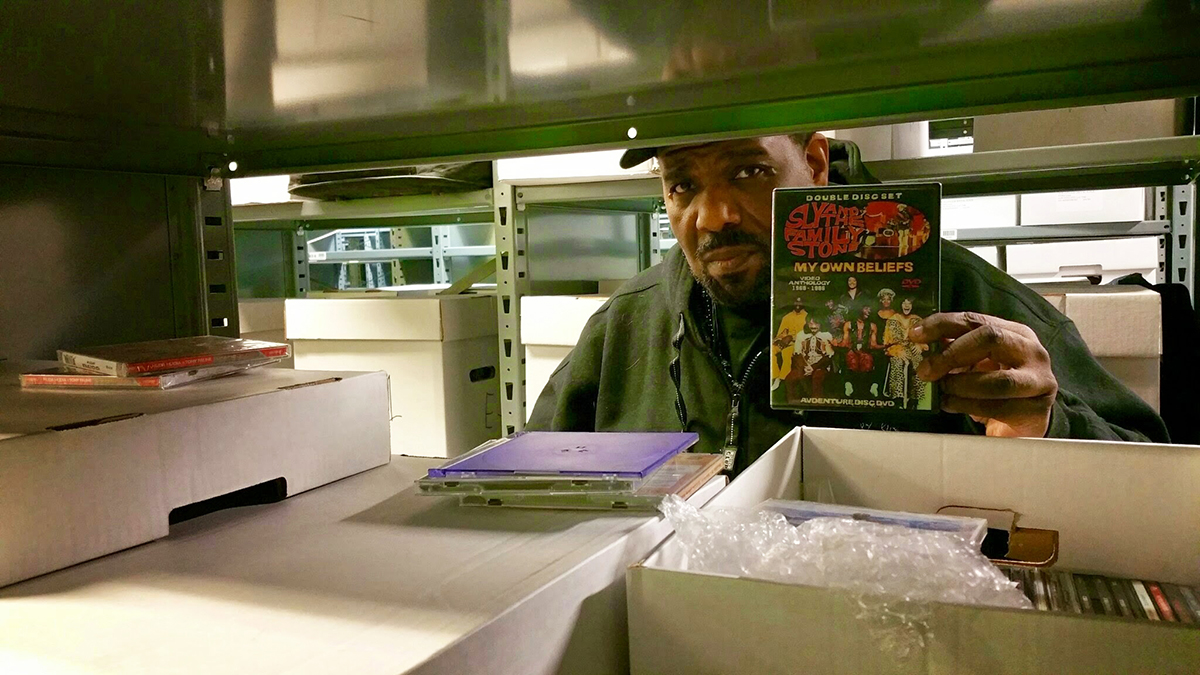NEH grant will preserve Afrika Bambaataa archive
By Melanie Lefkowitz

The Cornell University Library Hip Hop Collection will catalog the archive of Afrika Bambaataa, the groundbreaking musician, DJ and community leader known as “the godfather of hip-hop,” thanks to a $260,000 grant from the National Endowment for the Humanities.
The grant will help the Cornell Hip Hop Collection (CHHC), part of the library’s Division of Rare and Manuscript Collections, to make these materials widely accessible to researchers, students and the public.
Bambaataa, who recently completed a three-year term as the CHHC’s first visiting scholar, is an internationally recognized pioneer of hip-hop. He gave the genre its name and was the first to define its core artistic elements – DJing, rapping, breakdancing and graffiti art – under a single cultural umbrella. In 2007 he was nominated for induction into the Rock and Roll Hall of Fame.
Bambaataa’s archive comprises hundreds of boxes, including 450 containers with 20,000 vinyl records, many of them annotated by Bambaataa and numbered in the order he acquired them. This record collection helps tell the story of hip-hop’s emergence and development. Once cataloged, the CHHC will make a complete list of Bambaataa’s legendary vinyl available to the public, and place selected images of his annotated album sleeves online.
“This unique, hand-inscribed documentation by one of hip-hop’s founding DJs will enable students and scholars to reconstruct hip-hop’s invention through its most celebrated and influential collection of records,” said Katherine Reagan, rare book and manuscript curator. “In preserving Bambaataa’s archive and making it open and accessible, Cornell University Library will support a growing body of international scholars and educators who study hip-hop not only for its global influence on popular music, art and style, but its role in articulating social and political issues.”
A grassroots movement created in the South Bronx by a community devastated by violence and neglect, hip-hop has grown over the past 40 years into a multibillion-dollar industry and global cultural phenomenon. Organizing, preserving and making Bambaataa’s material available online will help ensure that this record of hip-hop’s foundations in the black and Latino communities of the South Bronx in the 1970s will be available for scholars today and in future generations.
Melanie Lefkowitz is a staff writer and editor at Cornell University Library.
Media Contact
Get Cornell news delivered right to your inbox.
Subscribe